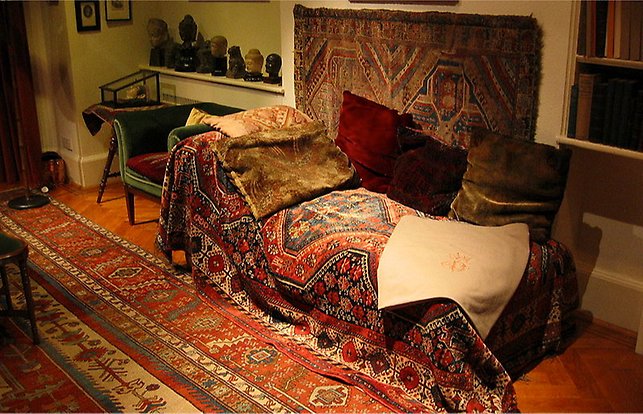Struggle for mind-cures

En studie som undersöker politiska, teoretiska och mediatiserade synpunkter hos psykologiska teorier 1969 – 2000, då förståelsen av lämplig psykologisk behandling förhandlades.
In 2010, the Swedish health authorities made the decision to exclusively recommend one method for anxiety disorders, namely Cognitive behavioral therapies (CBT), severely marginalizing competing psychotherapeutic schools in the public healthcare system. This policy of streamlining mental healthcare provision towards a single type of intervention differs markedly from neighboring countries such as Finland, Norway and Germany. But if CBT is the prevailing psychological method today, the landscape of psychological therapies was significantly more heterogeneous a generation ago. When the interest in psychology blossomed in Sweden after the ’68 movement, Freudian theories and Humanistic therapies coexisted with Cognitive behavioral therapies. Considering that Sweden has, during the last three decades, gone through a psychological paradigm shift: from Psychodynamic therapy (PDT) to CBT, this project aims to historicize this ‘psychological turn’.
The purpose of this study is to investigate the conflicting political, theoretical, and mediatized views of applicable psychological theories in a formative period, 1969 – 2000, when the understanding of appropriate psychological treatments was negotiated. Sweden is the case study. However, by juxtaposing Sweden with international psychological discourses, the study will expose a broader story of how political considerations and mediatized discussions have impacted how psychological experts guide us to deal with our emotions.
Three factors make this project significant. First, the historicizing of this psychological turn will raise questions of how political decisions, in effect, have re-directed Swedish patients to shift psychological methods: To put it bluntly, from analysis to exercises. Second, by examining earlier discussions in the daily press and expert journals from 1969 to 2000, the project will shed light on a more diversified debate than today’s dispute about evidence regarding PDT and CBT, as well as exposing media’s role in psychological knowledge production. Third, taking the rising numbers of mental health disorders into account, this project will uncover how a plethora of political instances, expert views, and public opinions on how to manage problematic emotions aptly have influenced the individual’s techniques to handle emotions such as depression or anxiety.
Though a vast body of clinical research in the psychological and social sciences has studied and debated the shift between PDT and CBT, historical perspectives on how the controversy affected individual emotion regulation are scarce. By adding yet not examined historical outlooks on this ‘psychological turn’ – specifically politicized decisions, mediatized discussions and interviews with practitioners representing the different psychological theories – this project will contribute to critically addressed, cross-disciplinary conversations on the individual’s health in relation to society.
